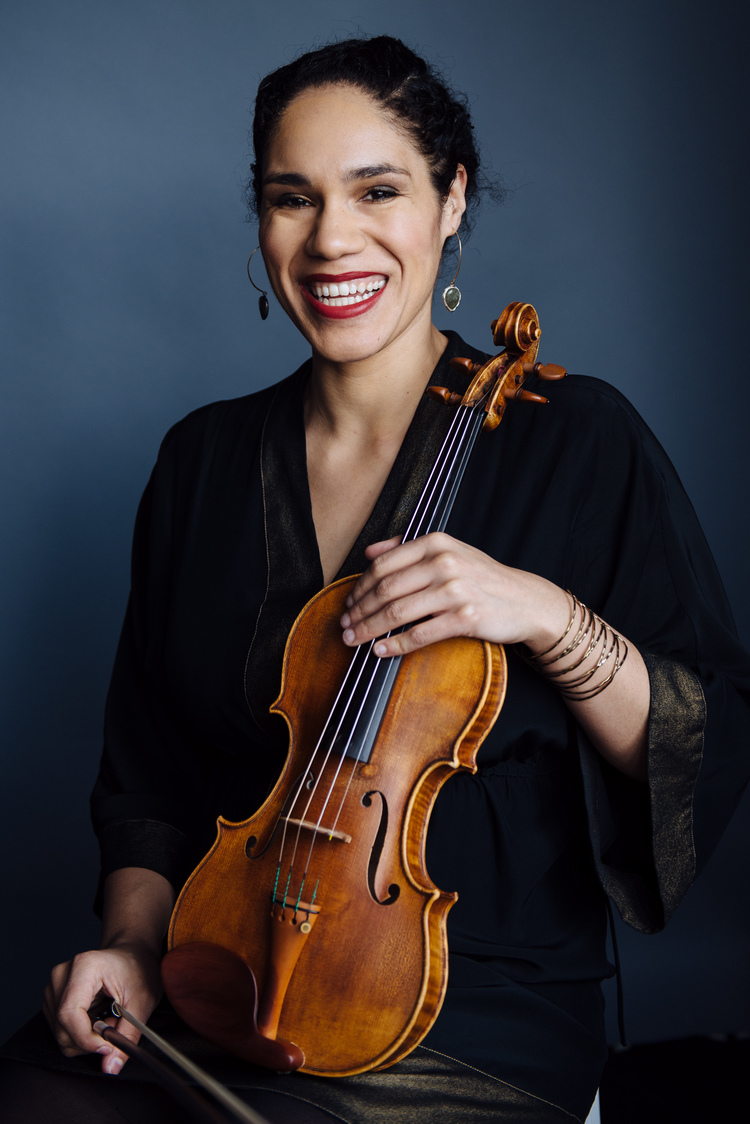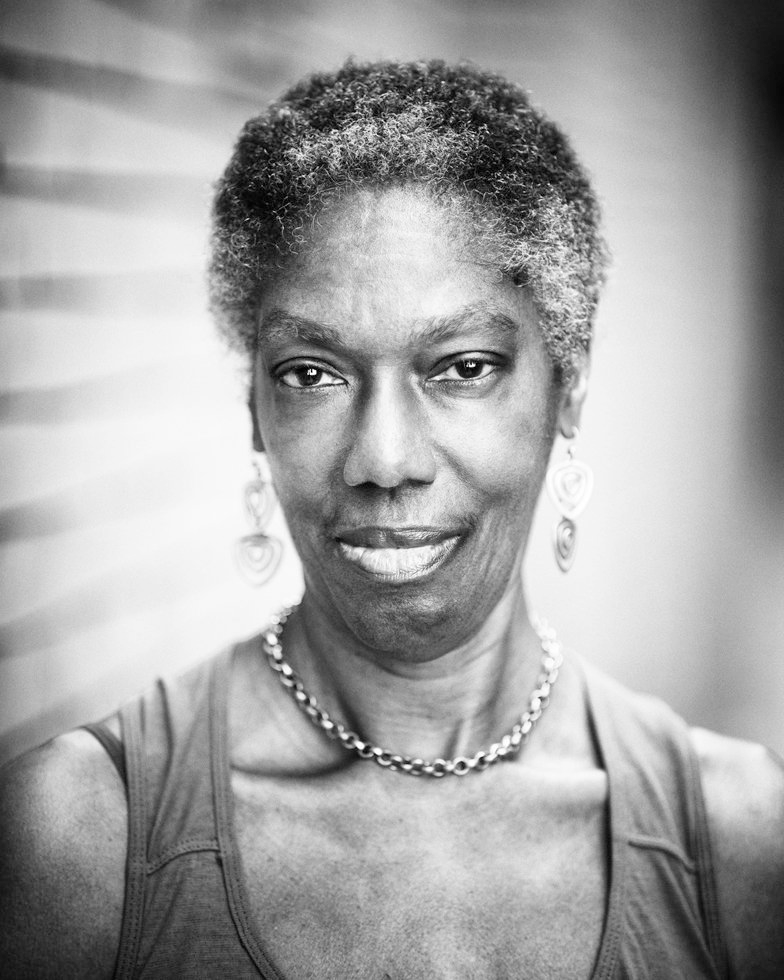In Conversation with Jessie Montgomery, composer of I Have Something to Say
by Hannah Edgar

Greta Thunberg’s impassioned speech at the 2018 UN Climate Change Conference was still ringing in Jessie Montgomery’s ears when the May Festival and Cathedral Choral Society (Washington, D.C.) commissioned her to write a work commemorating the 19th Amendment, which guaranteed some women the vote. Montgomery decided to place Thunberg in conversation with another trailblazing orator who put her audience in the hot seat: Sojourner Truth, using words from her oft-quoted (and likely misquoted) appeal to attendees of the 1851 Women’s Rights Convention in Akron, Ohio.
Montgomery’s I Have Something to Say imagines an encounter between the two women and culminates with a children’s choir protesting in an imagined courtroom or assembly hall. Montgomery spoke to us about the work—her first for full orchestra and chorus—and about collaborating on the libretto with her mother, the late writer and performance artist Robbie McCauley.
Your mom wrote the text for “I Have Something to Say.” Had you worked together on projects before?

No, we hadn’t. She was getting older, and I wondered, “Wait, why haven’t we done this?” She was the perfect person for creating a fictional conversation between these two women. I came up with the idea, and she was totally on board; she wrote the poem in, like, a day. That’s how my family is—you do your thing over there, I’ll do my thing over here. And when we come together, it’s gonna be great.
As a composer, I never considered making political music. Because my mom was so grounded in politics and her own personal history, I think I saw that as her “thing.” I was the classical violinist that does my classical music stuff that has nothing to do with anything except how well I play—you know, all the annoying, superficial things that we think about as musicians. But with this piece, I really got into the messaging and embraced it a bit more.
You mentioned the children’s chorus being a voice for justice in this piece. Something I didn’t know about you is that you sang in a youth choir yourself, in the Young People’s Chorus in New York.
One hundred percent! I started singing in Young People’s Chorus when Francisco Núñez started the organization. He taught choir at my music school and my after-school thing. When he started the organization officially, I jumped in as one of the first chorus members.
I just loved chorus—I loved the resonance of everyone singing, I loved the warm-up games. Around the same time, I was getting really good at violin, and I had to decide if I was going to focus on violin instead. Ultimately, I didn’t have aspirations of being a singer, but I did have aspirations of being a violinist. But later, when I went to summer camps and stuff, I was always excited to revisit singing.
I actually did write a piece for Young People’s Chorus several years ago based on Langston Hughes’s Danse Africaine. That was huge for me, because I know how it feels to sing in those groups. When I hear children singing, I cry instantly—it’s just an involuntary response. It doesn’t matter whose piece it is, whether mine or someone else’s.
So was your staff paper smudged with tears by the end of it?
Well, I was crying for other reasons. [Laughs] When you’re in the thing working on it, it’s the grueling things that move you, like the deadline.
Ah, stress crying.
Yes, stress crying, exactly! But I’m pretty sure I’ll cry during the concert, and probably in the dress rehearsal.